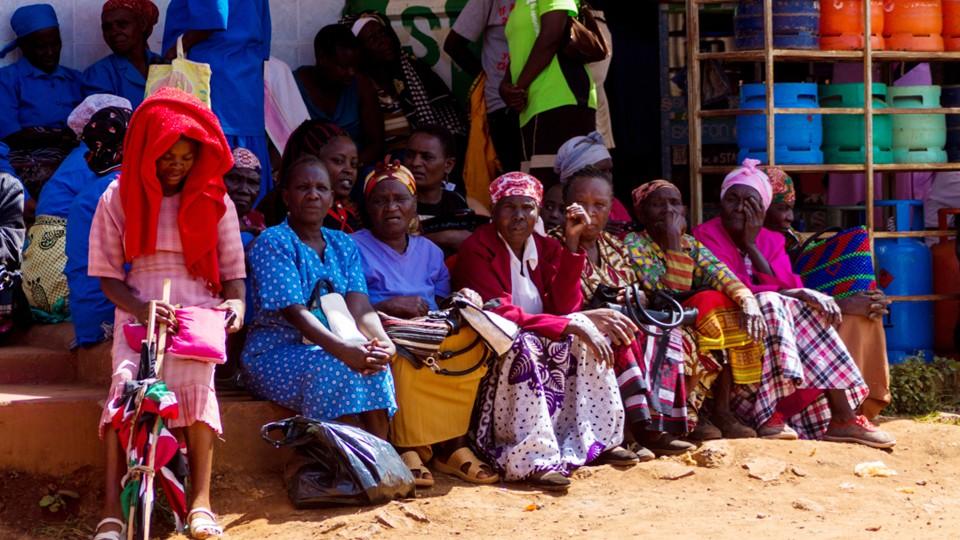Lilly's Verzenios approved by NICE

NICE has published draft guidance that now recommends Eli Lilly’s breast cancer drug Verzenios for use on the NHS.
The guidance concludes that Verzenios (abemaciclib) is as effective as its rivals, Pfizer’s Ibrance (palbociclib) and Novartis’ Kisqali (ribociclib), which NICE approved in 2017 for treating hormone receptor-positive, HER2‑negative, locally advanced or metastatic breast cancer as initial hormone therapy.
The three drugs are part of a new therapy class called CDK4/6 inhibitors. These are taken with an aromatase inhibitor, a type of anti-cancer drug which blocks the production of the hormone oestrogen, preventing it from stimulating the growth of some breast cancers. CDK4/6 inhibitors work by increasing the effect of aromatase inhibitors.
Ibrance has become the market leader by virtue of being the first approved, and is now Pfizer’s biggest selling cancer drug, with sales approaching $2 billion in the first six months of last year.
NICE rejected Verzenios in October last year, saying that it was not cost effective compared to its rivals when patient access schemes were taken into account – but has changed its mind now that an ‘improved’ scheme has been agreed.
Data from Lilly’s pivotal MONARCH trial shows the drug is likely to be as effective as its rivals, however a high incidence of diarrhoea and neutropenia could make it less attractive to doctors and patients than its competitors.
In the US Lilly gave Verzenios a slightly lower price than Kisqali in an attempt to compensate for this.
In the UK the list price of abemaciclib, which is given as a 150 mg tablet twice daily, is £2,950 for a 58 tablet pack of 150 mg tablets – but as with Ibrance and Kisqali a confidential discount has been agreed.
Lilly was also hoping that the drug could be used in lung cancer patients with a KRAS mutation, but a late-stage trial failure means that the company may have lost out on this indication.
Around 46,000 women are diagnosed with breast cancer each year in England and Wales, of whom Lilly estimates approximately 8000 would be eligible for treatment with abemaciclib.











